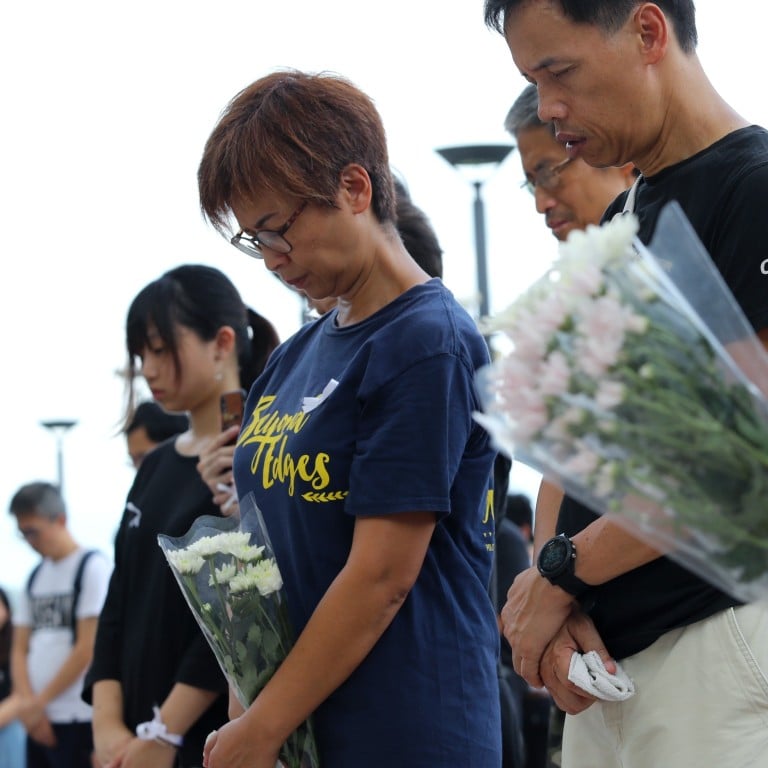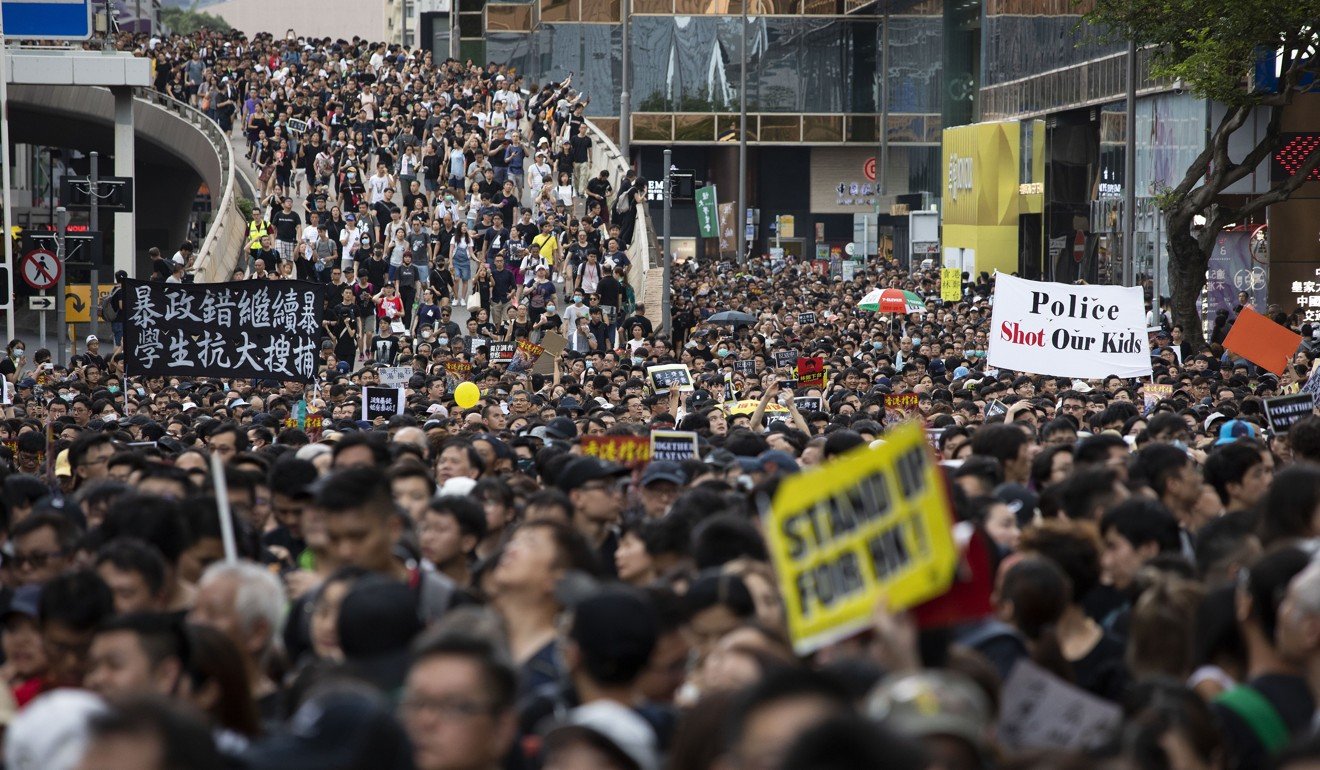
Nearly 1 in 10 people in Hong Kong likely to have depression, according to HKU survey conducted during extradition bill crisis
- Rate of probable depression during latest protests is nearly double level at time of Occupy Central in 2014
- Mental health ‘epidemic’ could be triggered by city's bitter divisions, say medical experts
More people were having suicidal thoughts too, according to the study, which was part of a decade of longitudinal research.
Professor Gabriel Leung, the dean of HKU’s faculty of medicine who led the study, described the situation as “very concerning”.
“This is an epidemic of mental health [issues] linked to serious societal events,” he said.

“In the past month, large-scale events happened every week, and almost every night there were clashes or events that worried us. We can’t see when, or don’t know when, these will come to an end.”
Leung suggested the government be more engaged with young people to address the problems.
“Perhaps we need to listen closely and understand, and put that into action,” he said.
In the latest survey, which interviewed 1,269 Hong Kong adults between June 22 and July 7, the prevalence rate of people probably suffering from depression was 9.1 per cent – meaning the condition was affecting almost one in 10.
The survey was carried out when Hong Kong was in uproar over the now-suspended extradition bill, which would have allowed criminal suspects to be sent to mainland China and other jurisdictions the city does not have an agreement with.
Two retired policemen among three detained over ‘Lennon Wall’ clashes
Four deaths involving suicide notes and other references linked to the bill crisis were also reported.
The latest figure was a new high when compared to similar HKU surveys conducted at different points of time over the past decade. The rate was 5.3 per cent during the Occupy movement in 2014, and 1.3 per cent in 2011 to 2014. .

The rising trend in the most recent survey was seen among people in all ages above 20 years old, and for both men and women.
Those who were 50 years old or older generally had a higher rate when compared to those who were younger, though the reasons behind that remained uncertain.
Protest cookies are sweet success – but police supporters bite back
“Unlike other epidemics, we might not have good vaccines or medication [for the current situation] as of now,” Leung said.
Researchers also noted that whether a person had taken part in the anti-bill protests or generally supported the draft legislation made little difference to the rate of probable depression, saying the increase in figures might be related to a community-wide “spillover” effect.
Dr Chang Wing-chung, a clinical associate professor from HKU’s department of psychiatry, who was not part of the research team, said the spillover effect could be due to the general atmosphere within society.
“Whenever [people] have opposing views, they would have conflicts. This would create general distress, and stress itself is a risk factor,” Chang said. “When stress is prolonged, people would be more vulnerable, perhaps, to have symptoms emerge.”
The survey also identified an increase in the rate of people having suicidal thoughts, from 1.1 per cent in 2011 to 2014, to 4.6 per cent in the most recent survey.
Hong Kong must avoid making the same mistakes it did after Occupy
Leung revealed that as of noon on Thursday, his research team had identified 68 cases involving suicidal thoughts while they were conducting the survey. Those cases had been followed up and referred to clinical psychologists.
Chang advised the public to raise their awareness of their own mental state and of people around them.
He said people should stay vigilant of depressive symptoms such as diminished motivation or thoughts of self-harm. If those symptoms persisted, people should seek help from mental health professionals.
If you, or someone you know, are having suicidal thoughts, help is available. For Hong Kong, dial +852 2896 0000 for The Samaritans or +852 2382 0000 for Suicide Prevention Services. In the US, call The National Suicide Prevention Lifeline on +1 800 273 8255.

